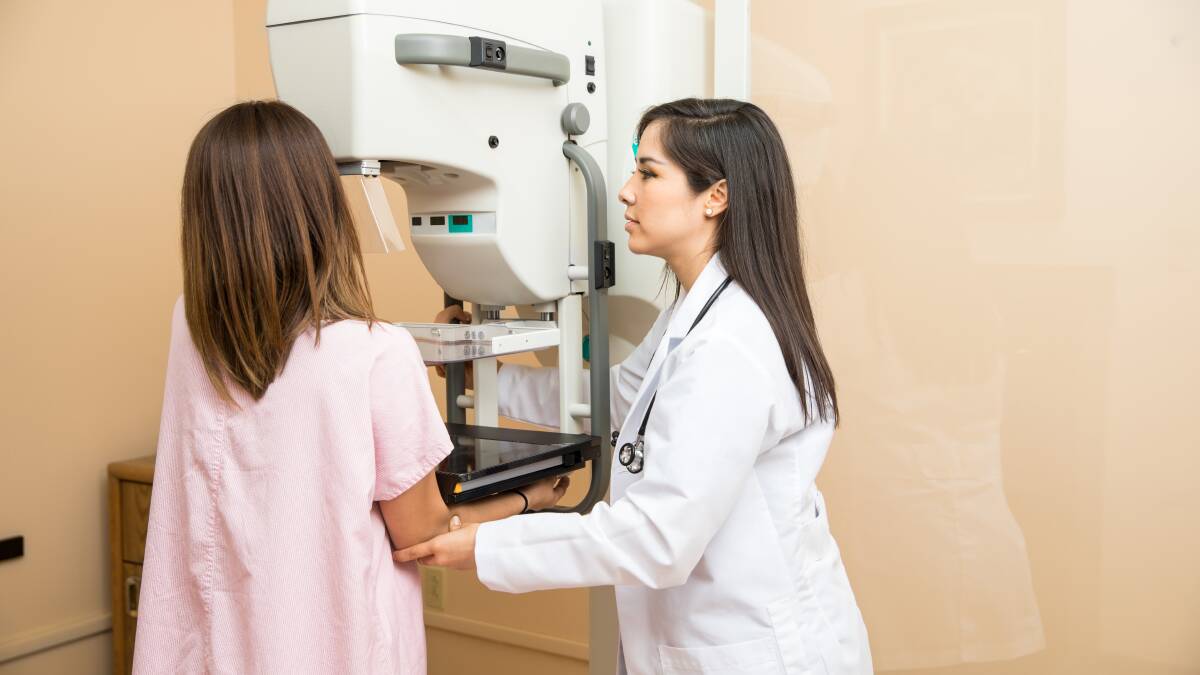
Health leaders are expressing concerns over survey results that show a lack of GPs is impacting women's health.
Subscribe now for unlimited access.
or signup to continue reading
After survey results were released by Jean Hailes on women's health, Family Planning Tasmania's clinic services manager, Jessica Willis said she was concerned over women missing out on essential checks.
"A key figure of concern for us at Family Planning Tasmania is that 44 per cent of women said they could not easily get an appointment with a doctor or health professional when they needed one," Ms Willis said.
"We know that in Tasmania we are experiencing a GP crisis, and anecdotally hear that people are waiting up to six weeks to get an appointment with a GP. This could lead to a delay in accessing vital medical intervention which may result in a condition getting worse."
Ms Willis highlighted the Jean Hailes Women's Health Survey's find that 18 per cent of women missed a health check with a GP, eight per cent missed a breast screening appointment (mammogram) and eight per cent missed a cervical cancer screening appointment (pap smear).
"The vast majority of cancers occur in people who are under screened or miss their routine screening, and we urge women to make an appointment to get their health checked," she said.
The survey showed that access to healthcare is even worse for people from diverse backgrounds including women living with disability, from culturally and linguistically diverse backgrounds and those from the LGBTQIA+ communities.
"In addition to financial challenges, many of these people experience additional barriers to accessing healthcare including language barriers, stigma and misinformation," Ms Willis said.
- The survey showed that 62 per cent of women living with a disability indicated that they could not afford to see a doctor or other health professional when they need it. This is particularly concerning as these women may have more complex health needs overall.
- 29 per cent of women from culturally and linguistically diverse backgrounds could not access health information in their own language: this could mean vital health information is missed or misunderstood.
- Only 64 per cent of LGBTQIA+ women said they know how to access health services compared to 72 per cent of all women, suggesting that health messaging may not be relevant or inclusive. This aligns with the evidence relating to access to cervical screening tests; cervical screening rates are lower in women who have sex with women, likely due to misconceptions and misinformation that they can't contract HPV, the virus that causes the vast majority of cervical cancers.
"We also urge anyone who is due or overdue a health check or screen to book an appointment as soon as they can," Ms Willis said.
"At Family Planning Tasmania, cervical screening tests and breast checks are available in all our clinics, often with short wait times; your health has to come first so don't put it off."
Family Planning services are for all Tasmanians and specialise in sexual, reproductive and women's health. Most services and all routine screening services are bulk billed for concession card holders, under-21s and full time students.
Our journalists work hard to provide local, up-to-date news to the community. This is how you can continue to access our trusted content:
- Bookmark www.examiner.com.au
- Make sure you are signed up for our breaking and regular headlines newsletters
- Follow us on Twitter: @examineronline
- Follow us on Instagram: @examineronline
- Follow us on Google News: The Examiner














